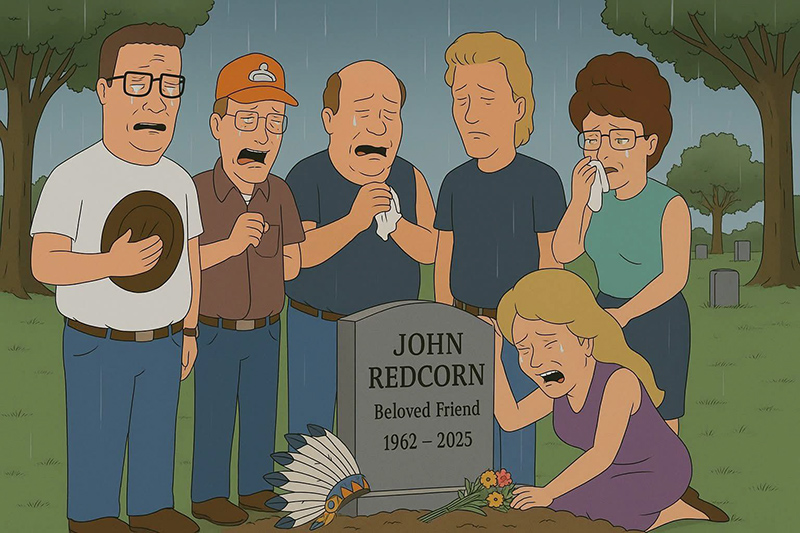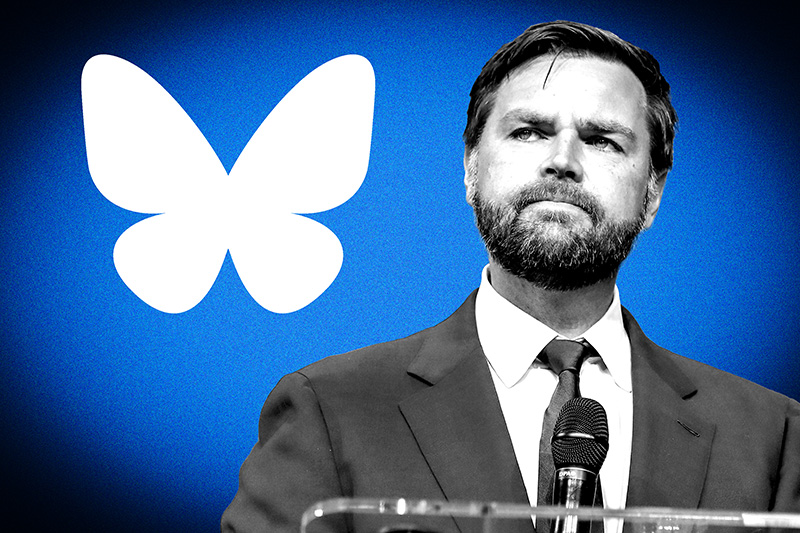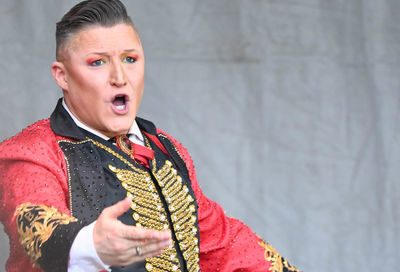Supreme Court refuses to take up man’s death penalty appeal alleging anti-gay juror bias
Death sentence remains in place despite allegations jurors chose death penalty instead of life in prison

On Monday, the U.S. Supreme Court declined to take up an appeal by a South Dakota death row inmate who claims that bias from homophobic jurors may have played a role in his sentencing, reports The Hill.
In 1993, Charles Rhines was convicted of murdering a doughnut shop worker in Rapid City, S.D., as part of a brutal attack where he allegedly stabbed the victim multiple times, including in the base of his skull as the man pleaded for his life.
But Rhines claimed that members of the jury in his trial had made anti-gay statements that he believes influenced their decision to sentence him to death. New evidence shows that the jurors knew Rhines was gay and believed that he shouldn’t be able to spend his life in prison with other men.
One juror allegedly commented that “if he’s gay, we’d be sending him where he wants to go if we voted for [life without parole].” Another juror confirmed that other jurors in the small rural community expressed disgust at the idea of homosexuality.
As part of his appeal, Rhines cited a 2017 Supreme Court ruling finding that states must consider evidence concerning whether jurors relied on racial stereotypes or prejudices when convicting defendants. Rhines argued that he should be allowed to present new evidence showing that the jurors’ anti-gay bias deprived him of his right to a fair trial and due process under the Sixth and Fourteenth Amendments to the U.S. Constitution, and that his death sentence should be overturned.
The 8th U.S. Circuit Court of Appeals rejected Rhines’ appeal and refused to hear the case. But when Rhines filed his petition asking the Supreme Court to consider his case, several of the country’s leading civil rights organizations filed briefs in support of his petition, as did 47 leading law professors. One of those organizations, the NAACP Legal Defense and Educational Fund, noted in its brief that “verdicts infected by anti-gay bias, like verdicts infected by racial bias, ‘cast serious doubt on the fairness and impartiality of the jury’s deliberations and resulting verdict.'”
However, the court’s decision not to review Rhines’ case keeps the death sentence in place.
Shawn Nolan, Rhines’ attorney, chief of the Capital Habeas Unit and federal community defender for the Eastern District of Pennsylvania, lamented the court’s decision in a statement released following the rejection of Rhines’ petition.
“As Chief Justice Roberts wrote in an earlier case, ‘[o]ur law punished people for what they do, not who they are.’ New evidence — which has never been heard by any court — shows that some of the jurors who sentenced Mr. Rhines to death did so because of who he was, not for what he did,” Nolan said. “The new juror statements show that some jurors, because they knew Mr. Rhines was a gay man, thought that he would enjoy life in prison with other men and it would not serve as a sufficient punishment. The jurors’ anti-gay bias deprived Mr. Rhines of his right to a fair sentencing process under the Sixth and Fourteenth Amendments.
“The Supreme Court has previously held that states must consider evidence that jurors relied on racial stereotypes or prejudice in convicting a defendant,” added Nolan. “This precedent should be applied to Mr. Rhines’s case to invalidate his death sentence. … [R]acial prejudice and anti-gay prejudice have no place in the criminal justice system. Both undermine public confidence in the fairness of the system, particularly when jurors must decide between life imprisonment and death.”
Support Metro Weekly’s Journalism
These are challenging times for news organizations. And yet it’s crucial we stay active and provide vital resources and information to both our local readers and the world. So won’t you please take a moment and consider supporting Metro Weekly with a membership? For as little as $5 a month, you can help ensure Metro Weekly magazine and MetroWeekly.com remain free, viable resources as we provide the best, most diverse, culturally-resonant LGBTQ coverage in both the D.C. region and around the world. Memberships come with exclusive perks and discounts, your own personal digital delivery of each week’s magazine (and an archive), access to our Member's Lounge when it launches this fall, and exclusive members-only items like Metro Weekly Membership Mugs and Tote Bags! Check out all our membership levels here and please join us today!





























You must be logged in to post a comment.